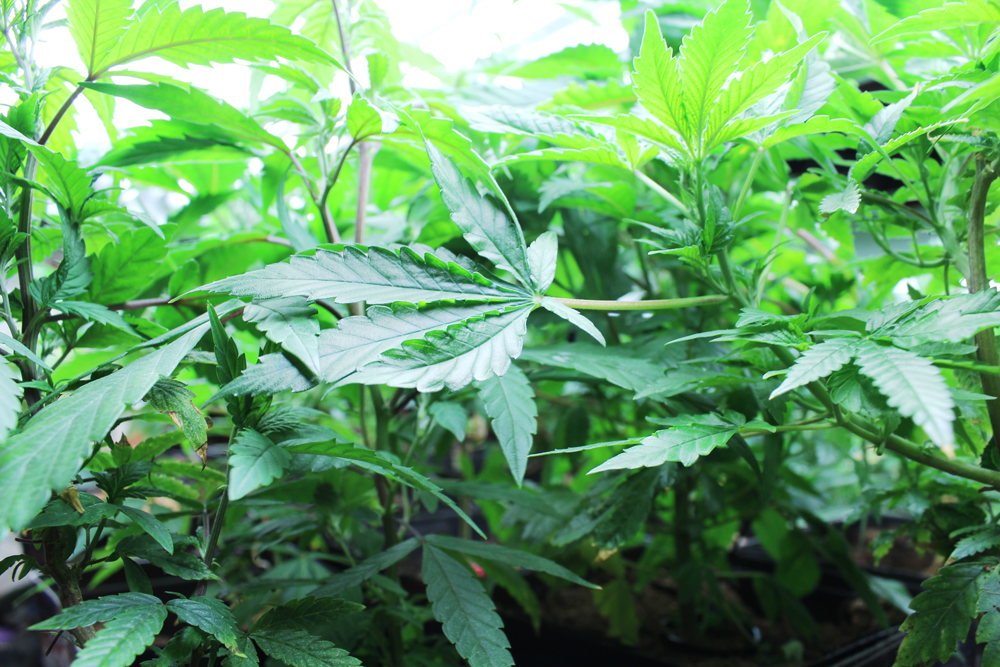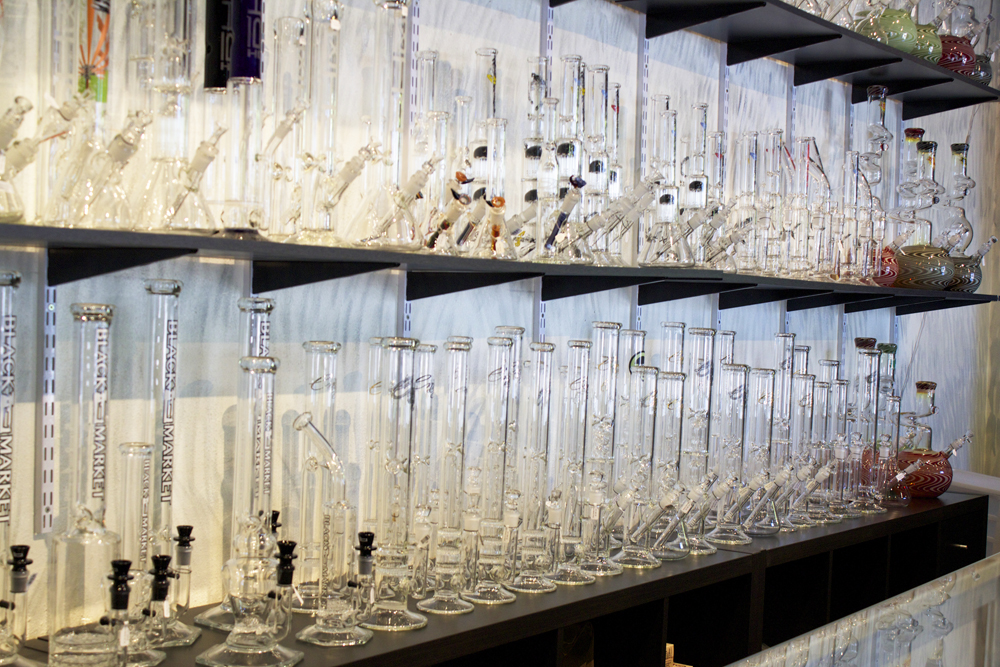Hemp’s had a bad rap for far too long, obscuring much of its history as well as its potential. Because they are of similar species, hemp has unfairly been lumped into the same illegal category as marijuana, but the truth is that they are quite distinctive varieties or breeds. A huge part of the reason hemp has been so marginalized is because it does, in fact, have THC properties. That said, there are ways of farming it that will produce extremely low levels of THC (and even high-THC hemp wouldn’t have enough to get you high, stoned or whatever you kids are calling it these days).
It wasn’t always this way. Hemp used to be widely produced, especially in the earliest settlements in Jamestown, when our founding fathers required the farming of it. This is because hemp is an extremely versatile plant; the seed is known for its high protein and high-quality oil content, along with so many other minerals and vitamins that are good for humans and as forage for animals.
Hemp can be used to make durable clothing, canvas, rope and even plastic-type products for auto manufacturing. One acre of hemp can produce four times more paper than one acre of trees. In fact, no other tree or plant on Earth can produce as much paper as hemp can. Additionally, the inner wood core of its stalks can be turned into non-toxic hempcrete and can be used for walls and as flooring. It’s a good insulator, too, and can be a great substitute for wood during construction of any kind. Think about that for a minute: the farming and production of hemp could save millions of trees from being cut down.
Hemp farming would make Oregon’s agriculture—for that matter, agriculture all over the world—far more sustainable. In addition to everything mentioned previously, the plant is extremely easy to grow. For example, cotton and hemp can both be used to make clothing, yet cotton can only grow in warm climates and requires huge amounts of water and pesticides. On the other hand, hemp needs very little water, requires minimal fertilization and can grow anywhere in the U.S. It also naturally repels weed growth and attracts very few insects, meaning we would be able to significantly cut back on the use of environmentally harmful pesticides and herbicides. Because there is little need for agricultural poisons, hemp farming allows the soil to be biologically active, which means less erosion, less water run-off and less water waste and pollution.
Hemp produces more biomass than any plant grown in the U.S. This can be converted to fuel in the form of clean-burning alcohol or man-made coal. Its potential as a clean and renewable energy source far exceeds that of any other source on the planet. It is estimated that if hemp were widely grown in the U.S. for fuel, it could supply 100 percent of all U.S. energy needs. Lastly, almost all hemp products are non-toxic, biodegradable and renewable.
If this doesn’t convince you of the wonders of hemp, nothing will. Our planet has been seriously degraded by humankind’s activities, and the use of sustainable alternatives like hemp will surely help Earth to continue nourishing and sustaining life. Let’s truly start thinking green before it’s too late!





